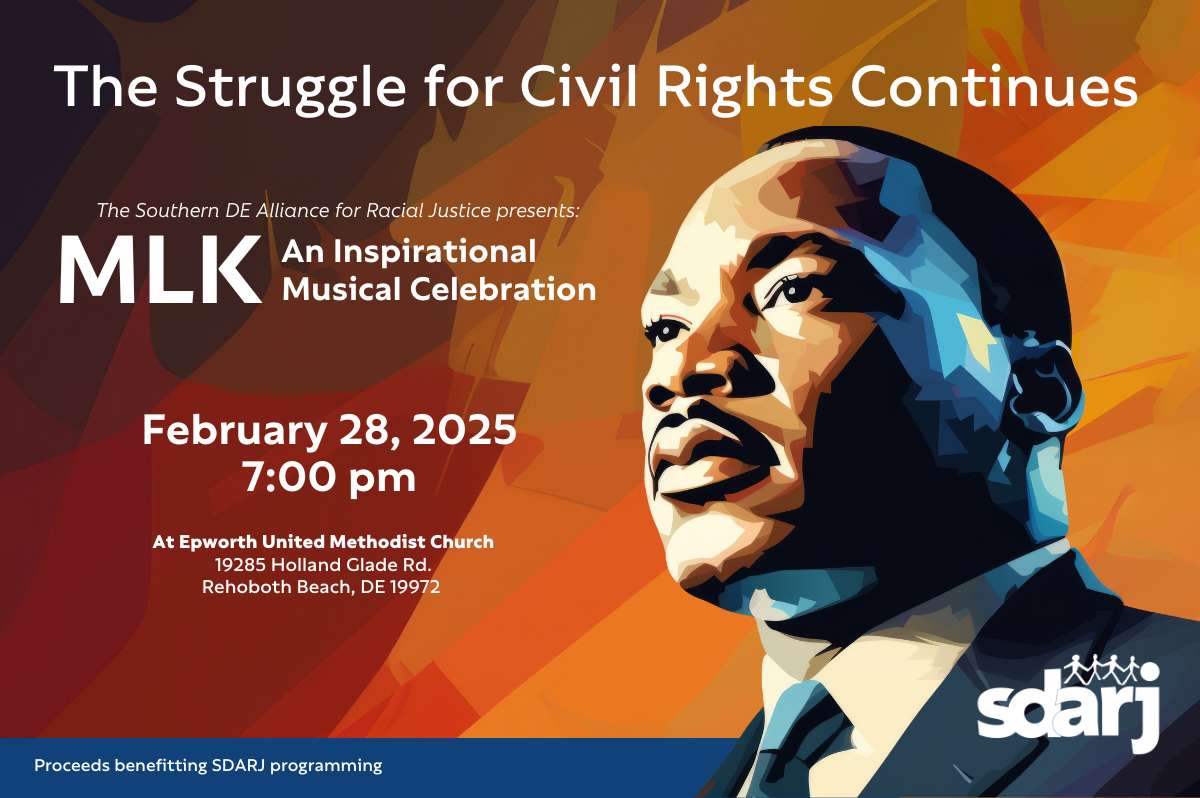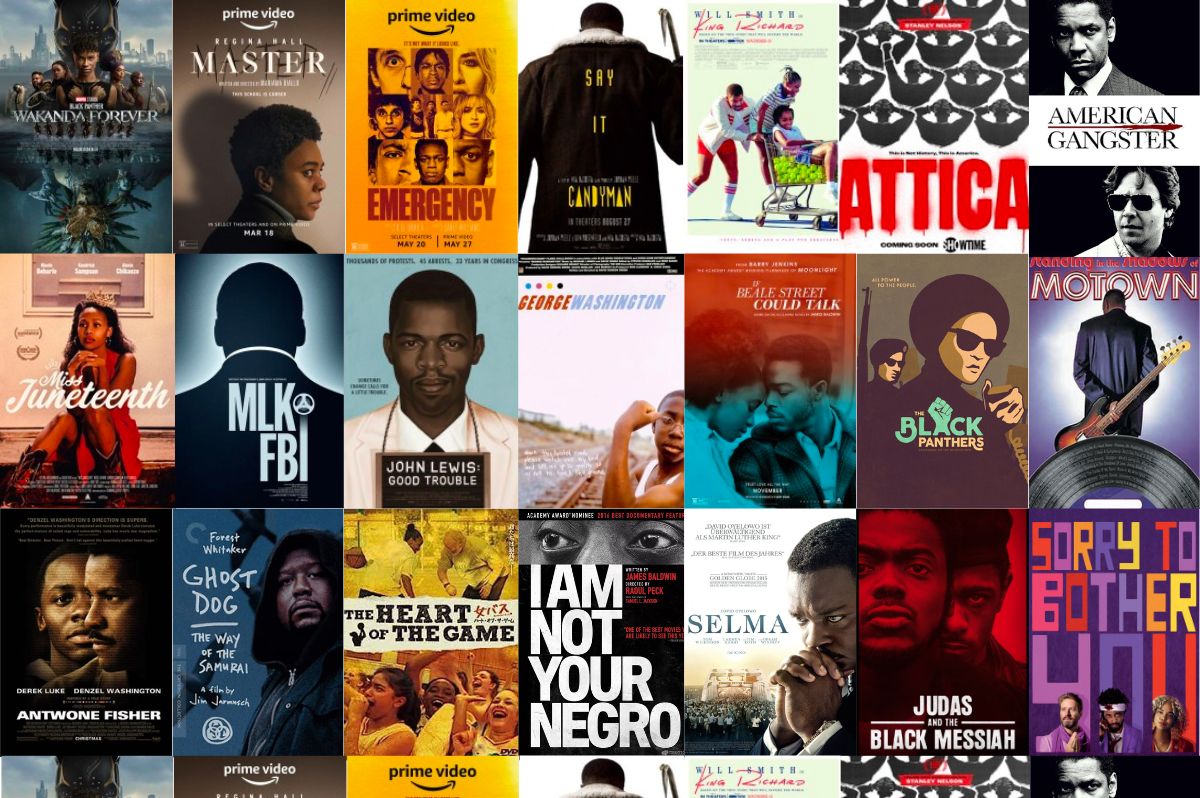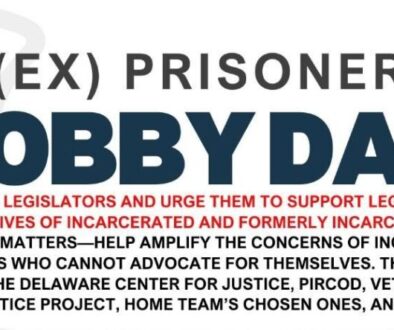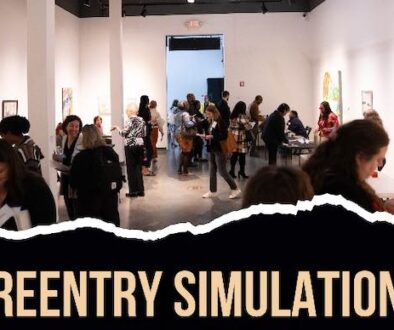2025 Black History Month
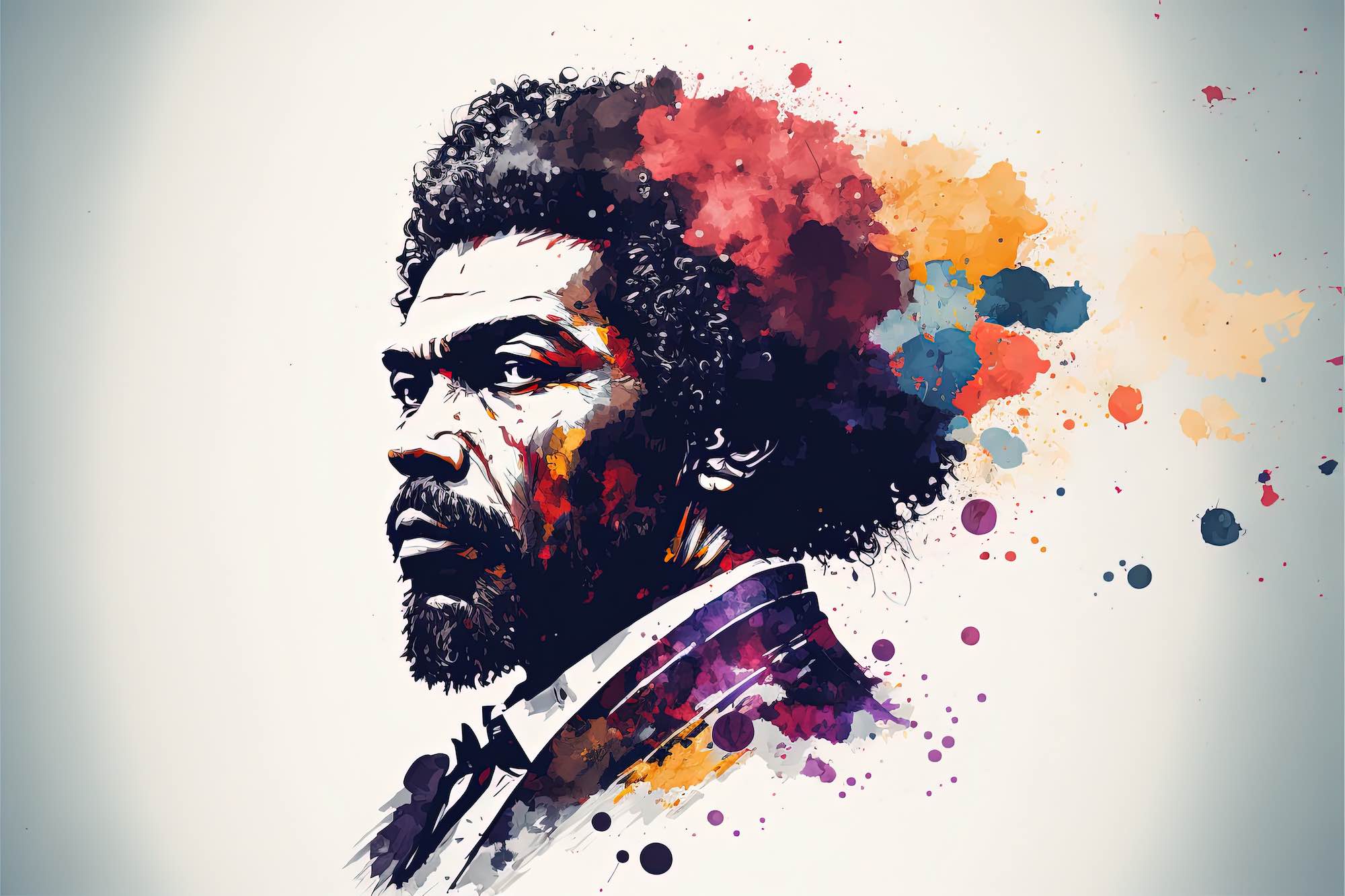
The 2025 Black History Month theme, African Americans, and Labor, focuses on the various and profound ways that work and working of all kinds. Read more
The story of Black History Month begins in Chicago during the summer of 1915. An alumnus of the University of Chicago with many friends in the city, Carter G. Woodson traveled from Washington, D.C. to participate in a national celebration of the fiftieth anniversary of emancipation sponsored by the state of Illinois. Thousands of African Americans travelled from across the country to see exhibits highlighting the progress their people had made since the destruction of slavery. Awarded a doctorate in Harvard three years earlier, Woodson joined the other exhibitors with a black history display. Despite being held at the Coliseum, the site of the 1912 Republican convention, an overflow crowd of six to twelve thousand waited outside for their turn to view the exhibits. Inspired by the three-week celebration, Woodson decided to form an organization to promote the scientific study of black life and history before leaving town. On September 9th, Woodson met at the Wabash YMCA with A. L. Jackson and three others and formed the Association for the Study of Negro Life and History (ASNLH).
EVENTS Join us for these events in February
Black American Film Festival
February 21-23 at the Cinema Arts Theater. Movies: Ain’t No Back to a Merry Go Round, Stamped from the Beginning, Ernest Cole: Lost and Found, The Six Triple Eight, We Strangers, and Color book.
February SDARJ Book & Film Discussion
Our February 25th discussion will be about the film Stamped from the Beginning. The supplemental reading is Stamped: Racism, Antiracism, and You. Join us! We meet at the Lewes Library and online 6-7:30 p.m.
From Dreams to Action: Celebrating MLK’s Legacy for Change
February 28th at 7pm Join us at the Epworth United Methodist Church for the 2025 MLK An Inspirational Musical Celebration – The Struggle for Civil Rights Continues. Tickets only $25.
How to Celebrate Black History Month Shop, donate, volunteer, or be an advocate!
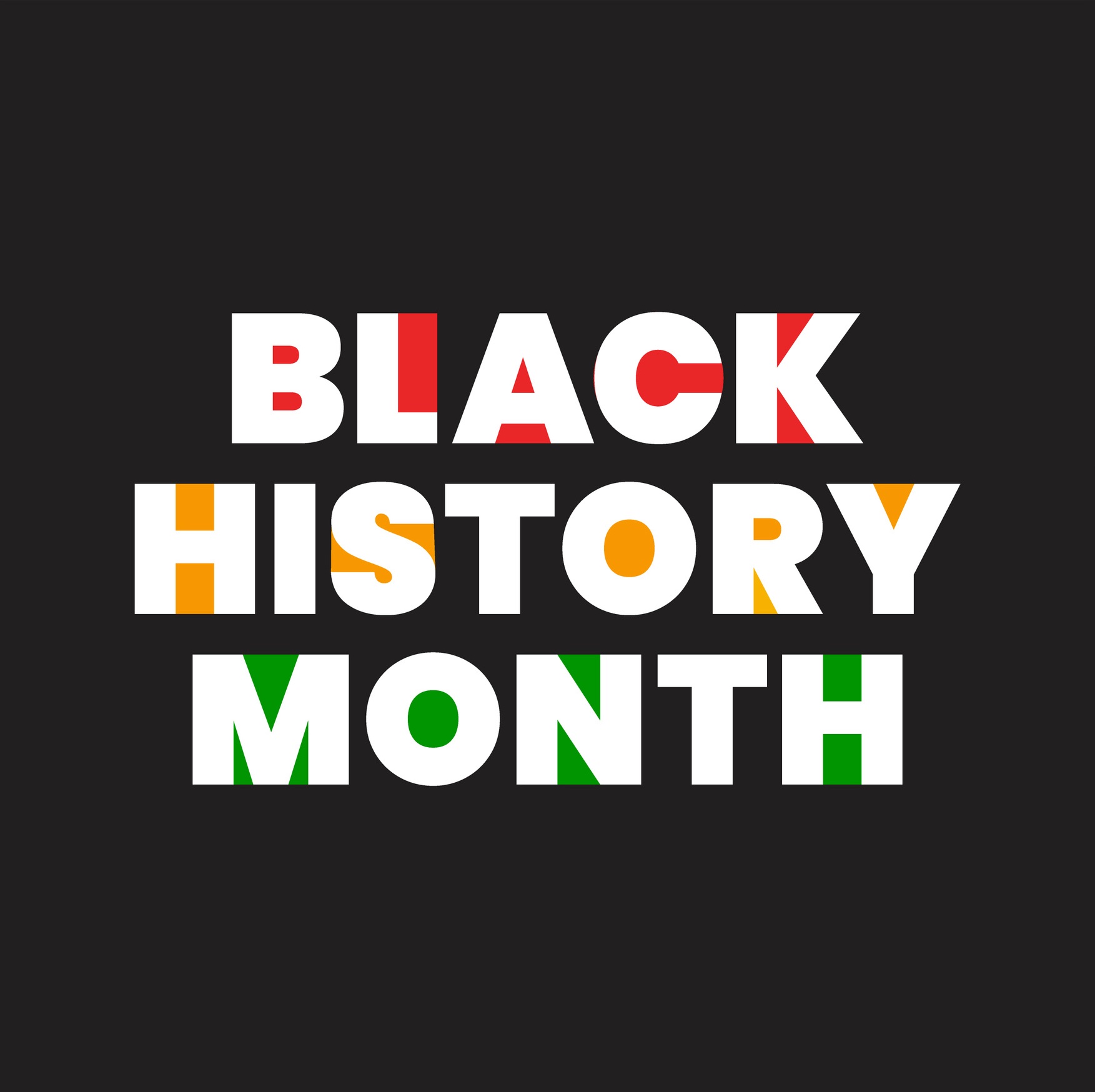
THE THEME
When Carter G. Woodson established Negro History week in 1926, he realized the importance of providing a theme to focus the attention of the public. The intention has never been to dictate or limit the exploration of the Black experience, but to bring to the public’s attention important developments that merit emphasis.
2025 Theme
African Americans, and Labor
The 2025 Black History Month theme, African Americans, and Labor, focuses on the various and profound ways that work and working of all kinds – free and unfree, skilled, and unskilled, vocational and voluntary – intersect with the collective experiences of Black people. Indeed, work is at the very center of much of Black history and culture. Be it the traditional agricultural labor of enslaved Africans that fed Low Country colonies, debates among Black educators on the importance of vocational training, self-help strategies and entrepreneurship in Black communities, or organized labor’s role in fighting both economic and social injustice, Black people’s work has been transformational throughout the U.S., Africa, and the Diaspora. The 2025 Black History Month theme, “African Americans and Labor,” sets out to highlight and celebrate the potent impact of this work.
Considering Black people’s work through the widest perspectives provides versatile and insightful platforms for examining Black life and culture through time and space. In this instance, the notion of work constitutes compensated labor in factories, the military, government agencies, office buildings, public service, and private homes. But it also includes the community building of social justice activists, voluntary workers serving others, and institution building in churches, community groups, and social clubs and organizations. In each of these instances, the work Black people do and have done have been instrumental in shaping the lives, cultures, and histories of Black people and the societies in which they live. Understanding Black labor and its impact in all these multivariate settings is integral to understanding Black people and their histories, lives, and cultures.
Africans were brought to the Americas to be enslaved for their knowledge and serve as a workforce, which was superexploited by several European countries and then by the United States government. During enslavement, Black people labored for others, although some Black people were quasi-free and labored for themselves, but operated within a country that did not value Black life. After fighting for their freedom in the Civil War and in the country’s transition from an agricultural based economy to an industrial one, African Americans became sharecroppers, farm laborers, landowners, and then wage earners. Additionally, African Americans’ contributions to the built landscape can be found in every part of the nation as they constructed and designed some of the most iconic examples of architectural heritage in the country, specifically in the South.
Over the years to combat the superexploitation of Black labor, wage discrepancies, and employment discrimination based on race, sex, and gender, Black professionals (teachers, nurses, musicians, and lawyers, etc.) occupations (steel workers, washerwomen, dock workers, sex workers, sports, arts and sciences, etc.) organized for better working conditions and compensation. Black women such as Addie Wyatt also joined ranks of union work and leadership to advocate for job security, reproductive rights, and wage increases.
2025 marks the 100-year anniversary of the creation of Brotherhood of Sleeping Car Porters and Maids by labor organizer and civil rights activist A. Philip Randolph, which was the first Black union to receive a charter in the American Federation of Labor. Martin Luther King, Jr incorporated issues outlined by Randolph’s March on Washington Movement such as economic justice into the Poor People’s Campaign, which he established in 1967. For King, it was a priority for Black people to be considered full citizens.
The theme, “African Americans and Labor,” intends to encourage broad reflections on intersections between Black people’s work and their workplaces in all their iterations and key moments, themes, and events in Black history and culture across time and space and throughout the U.S., Africa, and the Diaspora. Like religion, social justice movements, and education, studying African Americans’ labor and labor struggles are important organizing foci for newinterpretations and reinterpretations of the Black past, present, and future. Such new considerations and reconsiderations are even more significant as the historical forces of racial oppression gather new and renewed strength in the 21st century.
Black History Month is an annual observance originating in the United States, where it is also known as African-American History Month. It has received official recognition from governments in the United States and Canada, and more recently has been observed in Ireland, and the United Kingdom. It began as a way of remembering important people and events in the history of the African diaspora. It is celebrated in February in the United States and Canada, while in Ireland, and the United Kingdom it is observed in October.
RESOURCES for School and Community Work

Our team is curating lists of resources and links to helpful sites as you complete homework assignments or collaborate with others in the community on projects that teach and inform about racism. The work is ongoing, and we hope you find it helpful. If you have recommendations, we welcome them.
For the complete Middle School, High School, and College Reading/Audio/Visual Lists click here.









